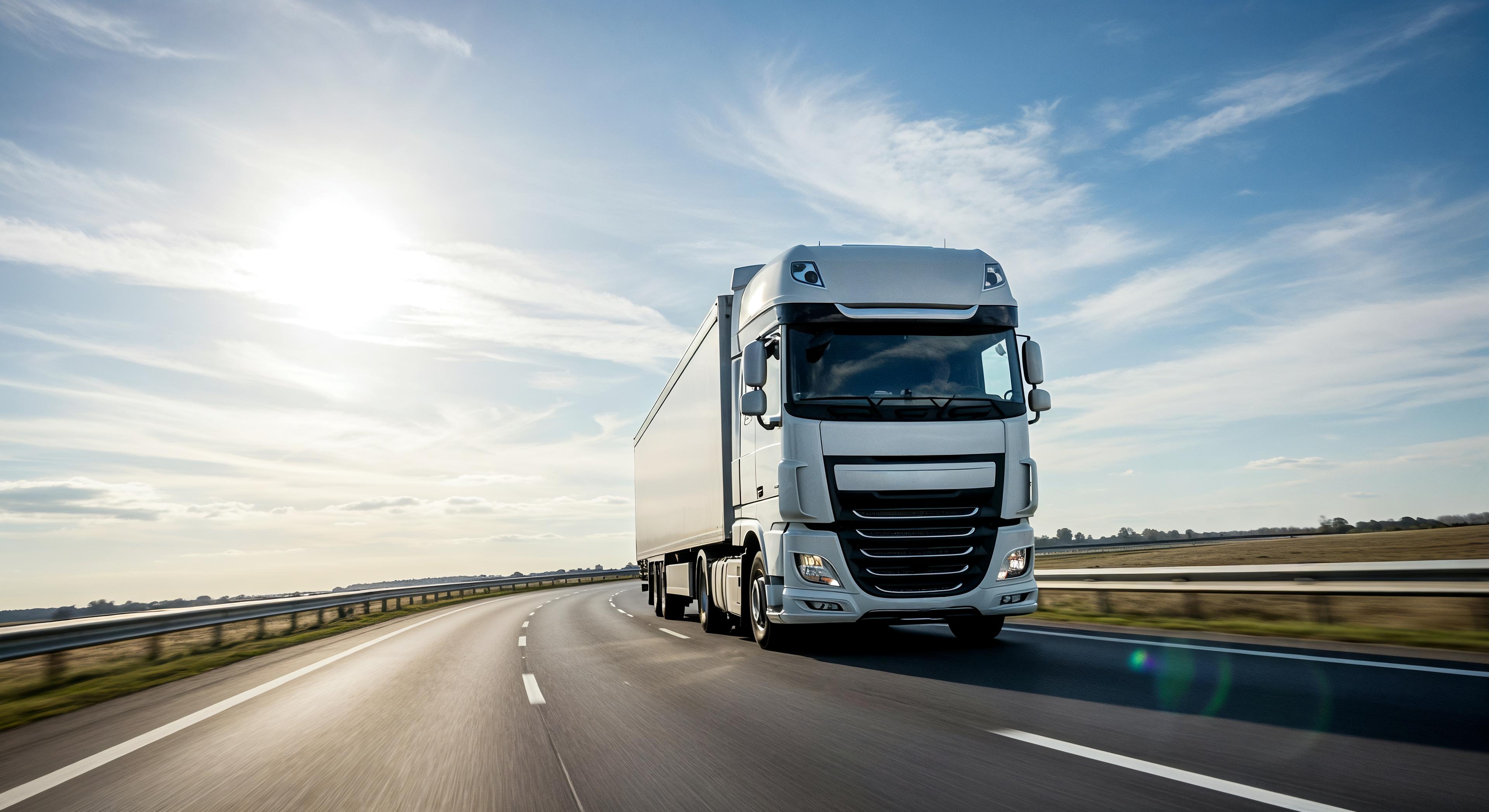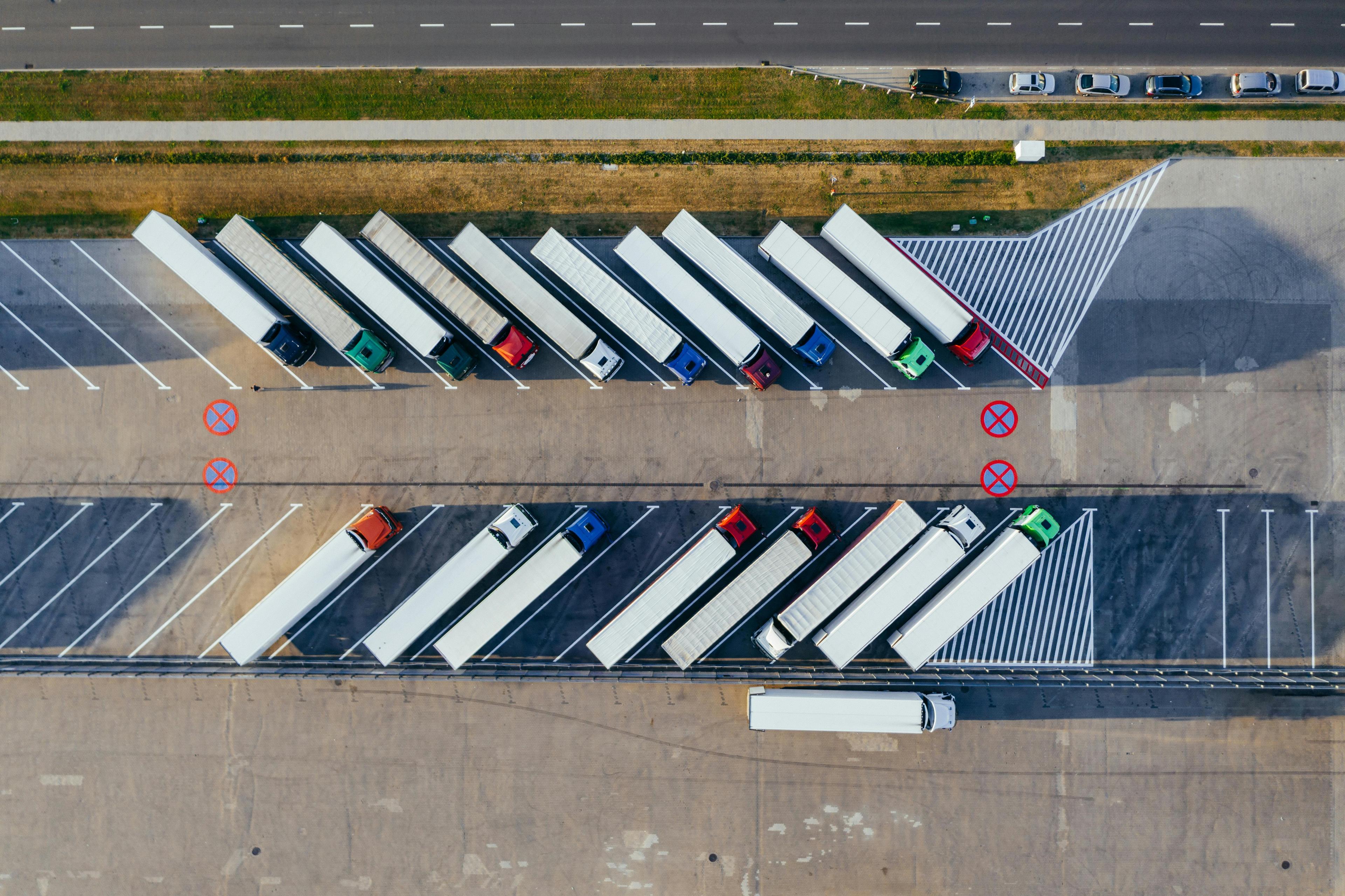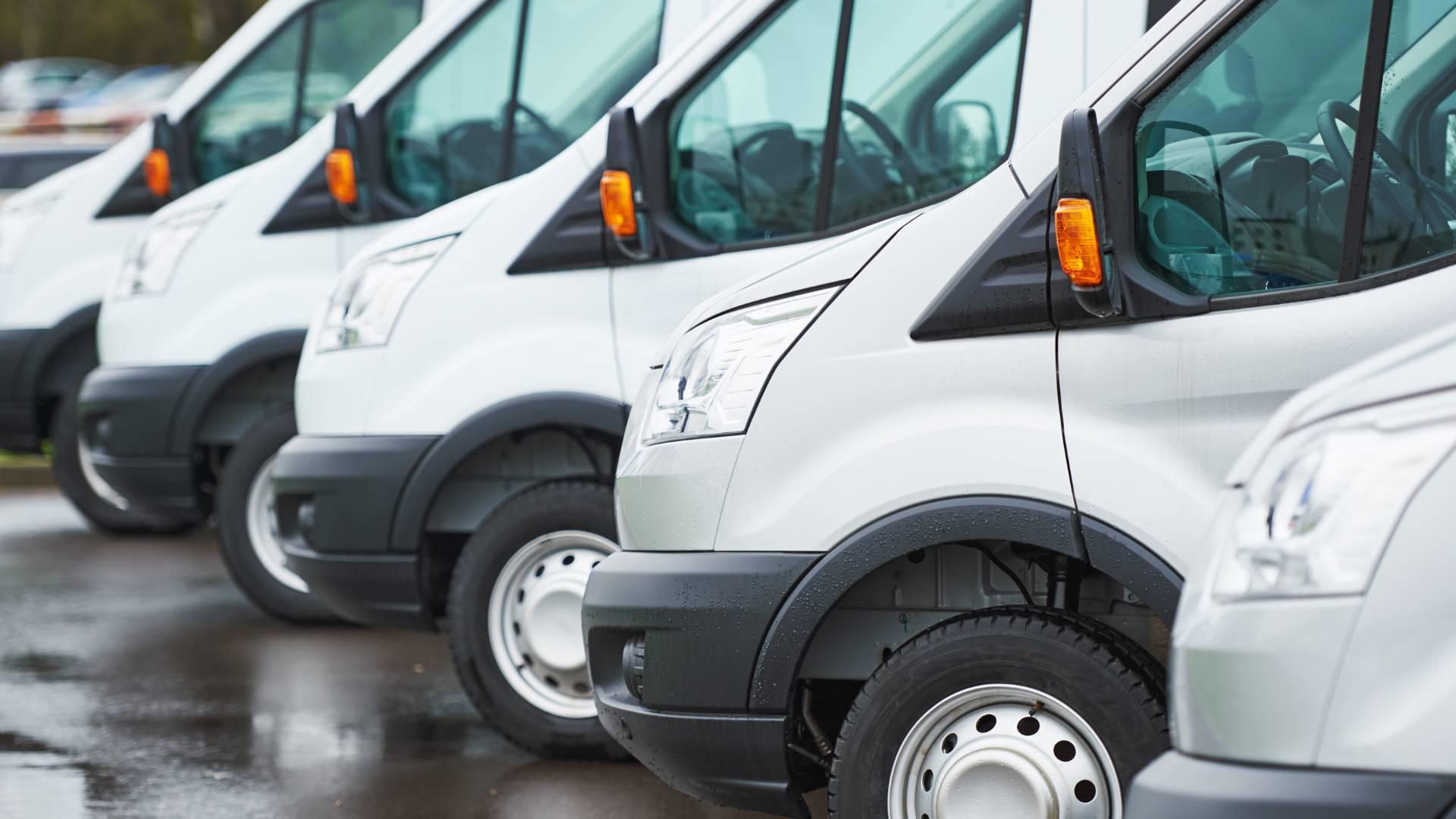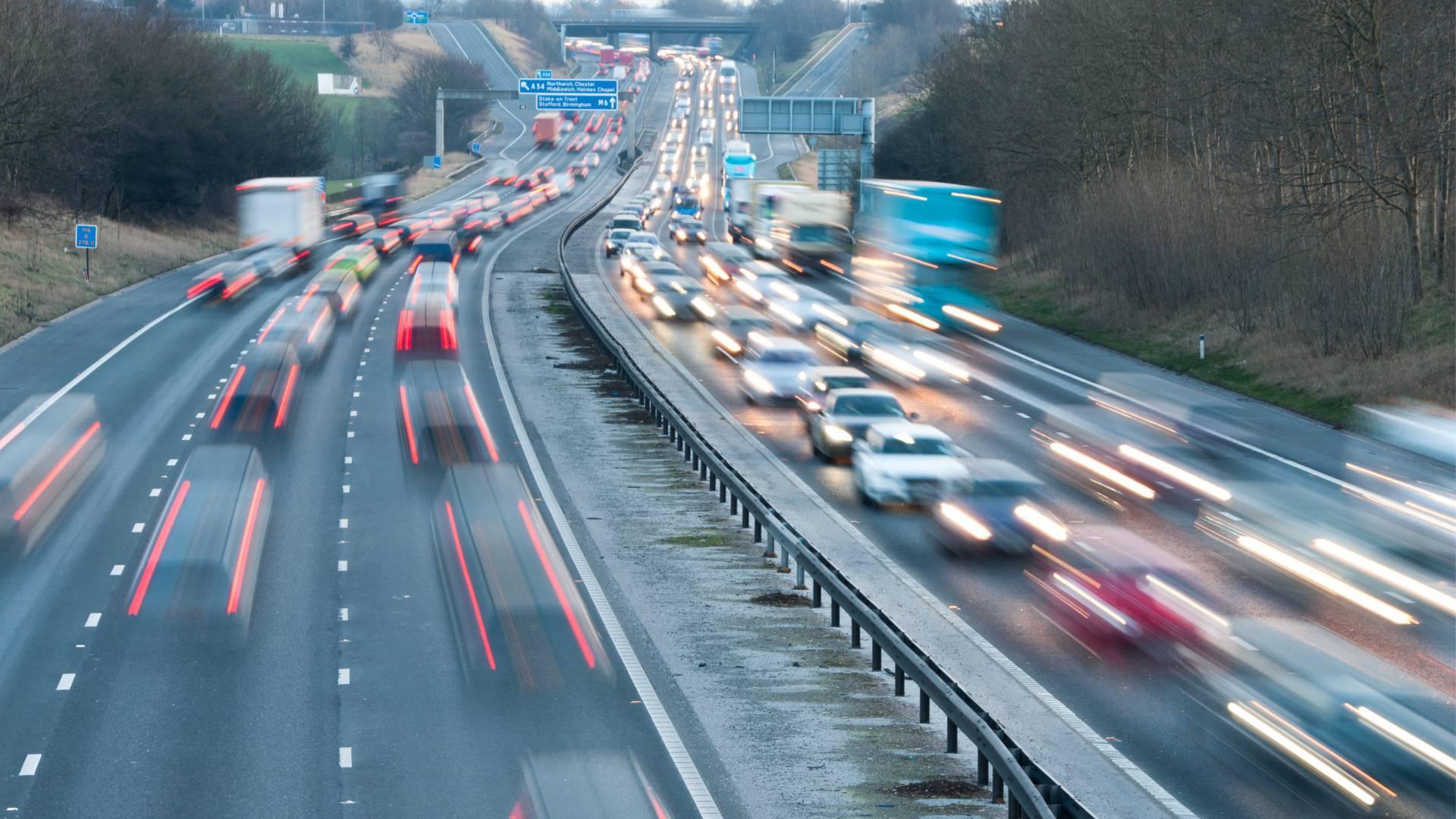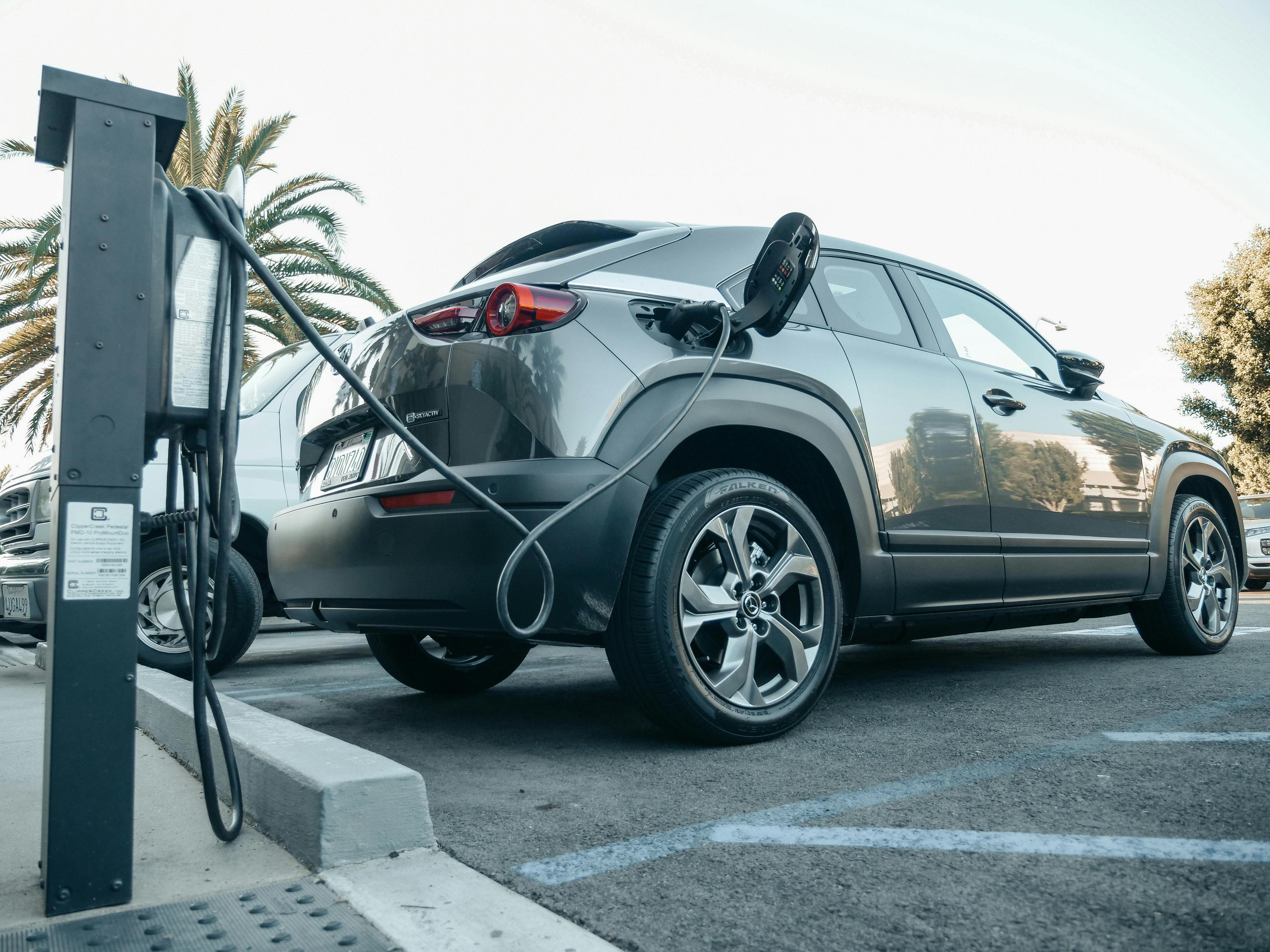
BPM for Electric and Hybrid Cars in the Netherlands: What You Need to Know
Many people are unclear about how the Dutch BPM tax works for electric and hybrid vehicles, as rules change and exceptions are sometimes made. In this blog, we'll explain all the details so you know exactly how it works.
What is BPM?
BPM stands for 'Belasting van Personenauto's en Motorrijwielen' (Tax on Passenger Cars and Motorcycles) in the Netherlands. When importing or purchasing a vehicle, you must pay this registration tax: the BPM. The BPM consists of a fixed base rate and a variable rate. The variable rate depends on the vehicle's emissions. Some vehicles qualify for a BPM exemption. For commercial vehicles, the BPM exemption will expire in 2025.
BPM for Electric Cars 2024
Planning to purchase a fully electric car? Then you won't pay any BPM until the end of 2024. An electric car has no direct CO2 emissions. Indirect CO2 emissions are not counted in the BPM calculation. Therefore, you don't need to pay BPM when purchasing an electric car until the end of 2024.
BPM for Electric Cars from 2025
In 2025, the base rate for passenger cars will increase to approximately € 667. This will also apply to electric cars. Until the end of 2024, you pay no BPM, but after that, you'll also pay the fixed rate of € 667 when purchasing an electric car. This amount will increase annually with inflation after 2025.
BPM for Hybrid Cars 2024
A hybrid car switches between two fuel sources: petrol and an electric battery. This means that a hybrid car has CO2 emissions, and you'll pay BPM when purchasing a hybrid car. The BPM rate is often lower compared to fuel-only cars because a hybrid car has lower CO2 emissions. Additionally, until the end of 2024, you don't pay a fixed base rate when purchasing a hybrid car.
BPM for Hybrid Cars in 2025
From 2025, you'll also pay a fixed base rate for hybrid cars. Additionally, you'll pay more for CO2 emissions. Research has shown that plug-in hybrids drive electrically less often than expected. The actual CO2 emissions are therefore higher. The rules have been tightened accordingly, which means the BPM for cars registered after 2024 will increase.
BPM on Importing Electric and Hybrid Cars
Planning to import a car yourself? Then be aware of the BPM declaration and costs. When the car is purchased in the Netherlands, you don't need to make a BPM declaration. The importer will do this for you. However, you must make a BPM declaration if you import a car from abroad.
When importing an electric car, you don't need to pay BPM costs until the end of 2024. However, you still need to make a BPM declaration when importing an electric car, even if there are no BPM costs.
When importing a hybrid car, you must make the BPM declaration yourself. As mentioned earlier, there are BPM costs when purchasing a hybrid car. This also applies to imported hybrid cars. Are you importing a plug-in hybrid car to the Netherlands from 2025 that was already on the road before 2025? Then the old CO2 value and BPM rate will continue to apply. You may use the calculation that is most advantageous for you.
Road Tax for Plug-in Hybrid Cars
Not only is the BPM changing for plug-in hybrid cars, but the road tax (mrb) is also increasing. Currently, people who drive a plug-in hybrid car receive a 50% discount on road tax. This will expire in 2025. In 2026, you'll pay 75% of the rate, and from 2027, a plug-in hybrid car will be subject to the full road tax rate. This is often higher than the rate for a petrol car because a plug-in hybrid is heavier.

